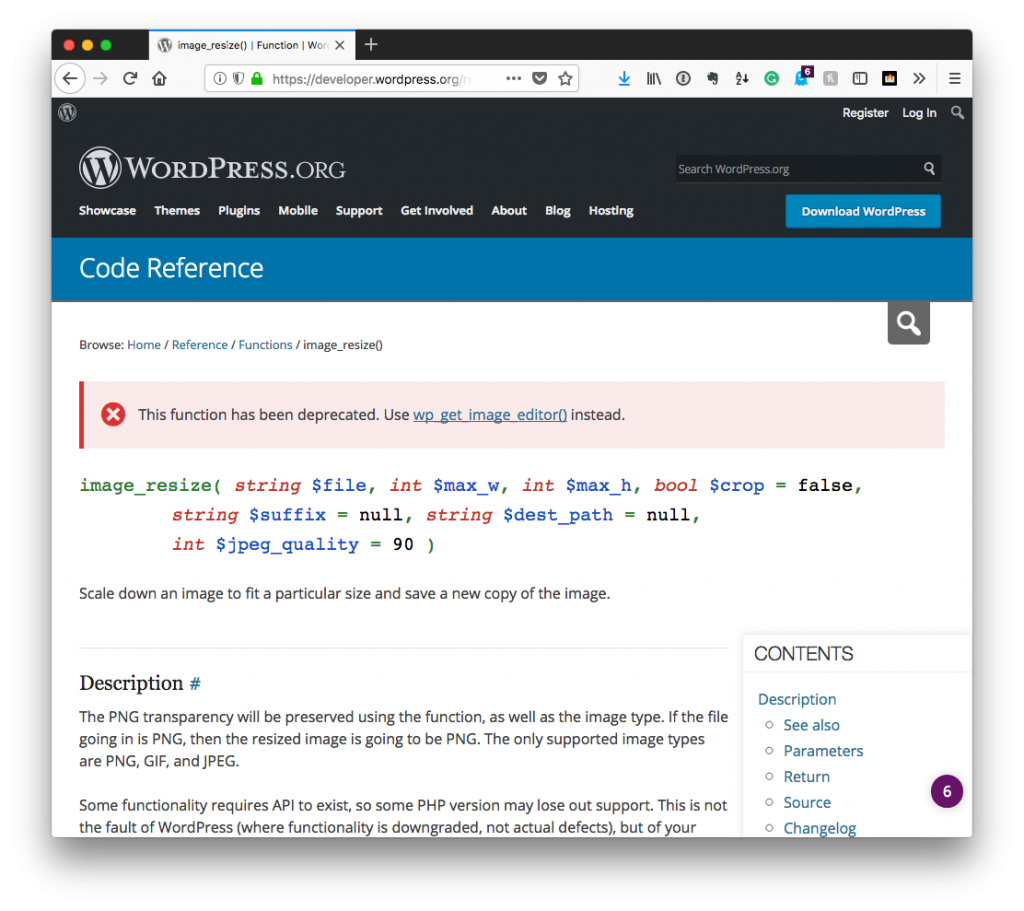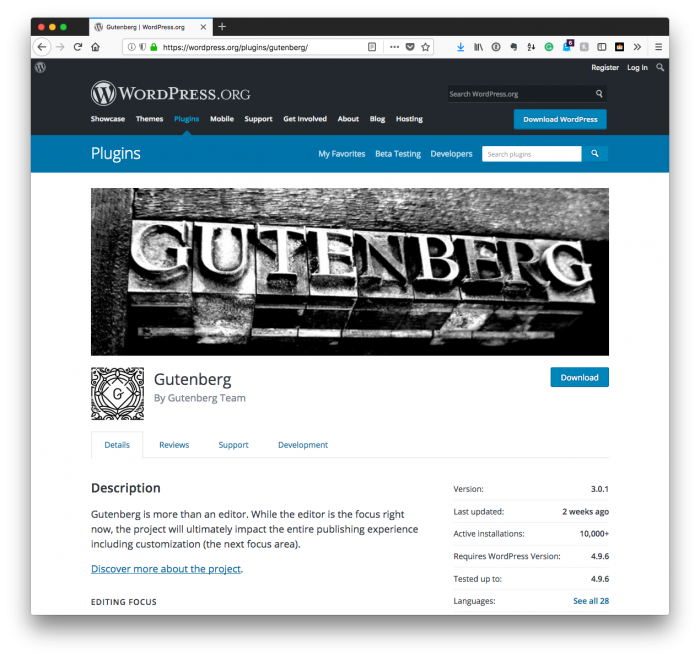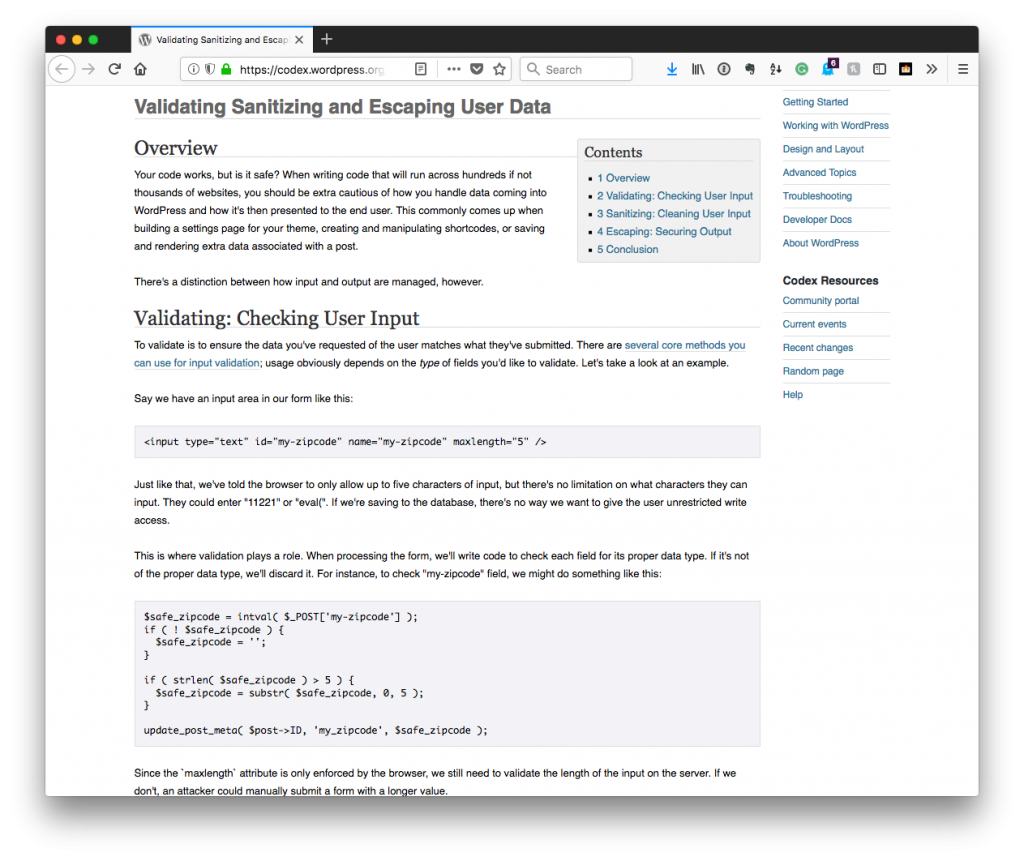Anytime sometime starts to get into more advanced programming – be it in WordPress or any other framework, library, foundation, or programming language – there are times in which new concepts can often be more difficult to understand than others.
I generally have found this to be true whenever a person has learned the basics of, say, object-oriented programming but hasn’t been exposed to the nuances of certain things such as design patterns.
Case in point: I’ve written about the event-driven design pattern (or the publish-subscribe or Pub/Sub as some like to refer to it) in other posts.
Yes, there are some differences to each, but the general idea is that something happens and an event is raised and anything listening for that event, or subscribed to that event, will respond.

Photo by Claus Grünstäudl on Unsplash
This is the primary pattern that WordPress employs that allows us to quite literally hook into certain points of execution. We can generally conceptualize these as action hooks in WordPress.
Anyway, the application makes certain points available for us to add our own functionality. Once that functionality is registered, WordPress will leave its codebase, so to speak, hop into ours, then return back to ours.
It’s easy enough to understand, but what if you want to expose areas in your code that allow others to hook into your code?



